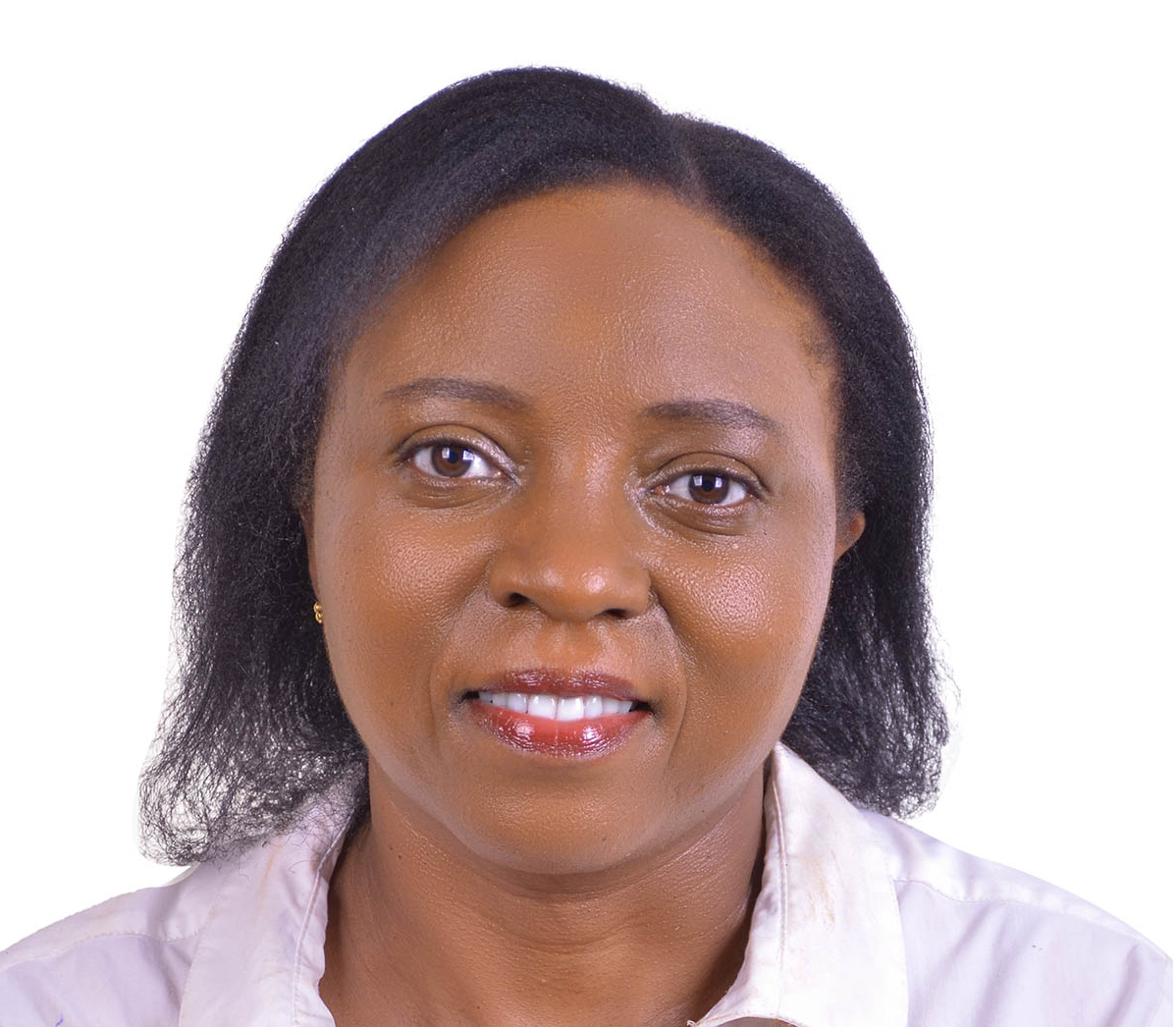Medical training, health care delivery, and research — the mandates of academic health centers — are continually challenged with the dynamic needs of the communities they serve, including the need to maintain the pace of ever-emerging global health challenges.
Today, the world is faced with demands of climate change, rapid population growth and aging, conflicts, migration, urbanization, emerging and re-emerging infections, and digitization and artificial intelligence, among other challenges, all of which significantly affect health. The question is whether academic centers are prepared to equip and produce health professionals who are fit for the future. Do all these problems need to be covered in the training curricula, or will it suffice to trust these life-long learners to be able to learn, adapt, and respond to any emerging health challenges? Are we preparing health professionals to provide “sustainable health” amidst the prevalent global inequalities in economy, access to quality health and education, health financing, human resources for health, infrastructure (both physical and digital), governance structures, identity, and urbanization?
This final question haunts all health professional trainers, irrespective of where in the world they reside. To help answer it, AAHCI provides an opportunity for leaders of academic health centers across the globe to connect and share innovative practices and experiences, which will help to shape the future of health globally. The AAHCI Leadership Initiative sponsors institutions from lower- and middle-income countries, so they can join AAHCI and academic health center leaders in those countries can participate in important networking events and knowledge exchange.
It is striking to learn how similar the challenges of health profession trainers worldwide are, and it is certainly profitable to share successes and learn from each other’s failures. For example, academic health centers around the world continue to face challenges of ownership across their entities, governance of their teaching hospitals, and the high costs of medical training and keeping up with advancing technology, regardless of location. While some medical colleges have opted to own teaching hospitals, others have found it more productive to collaborate with autonomous hospitals for training; moreover, there is no consensus on either approach, by country or continent. Can solutions to these issues be standardized globally? This is another daunting question that is often left to the leaders to figure out. Also, which approach provides better quality training or quality health care delivery? This is often a matter for the board examinations to determine. And what about those countries or regions where board exams are of variable quality or do not exist?
These questions should resonate with every health professional, educator, and researcher, and highlight the need to collaborate and partner with like-minded individuals and organizations through local, regional, and international networks. AAHCI is a unique platform for advancing every academic health system and can assure that we, as Makerere University’s motto says, “build for the future” through collaborative and transformative education and research.
----------
Damalie Nakanjako, MBChB, MMED, PhD Professor of Medicine
Principal, Makerere University College of Health Sciences
----------
